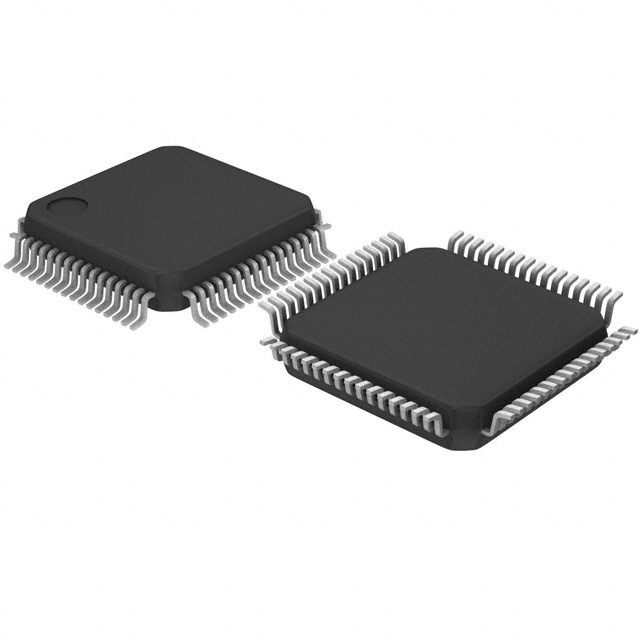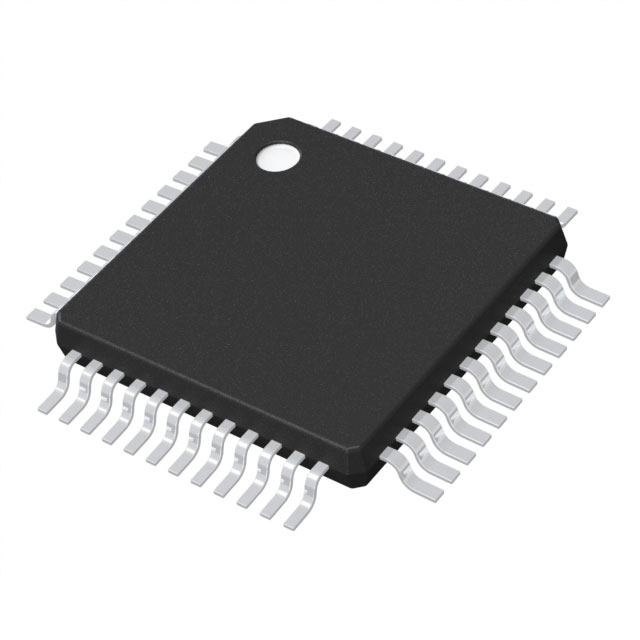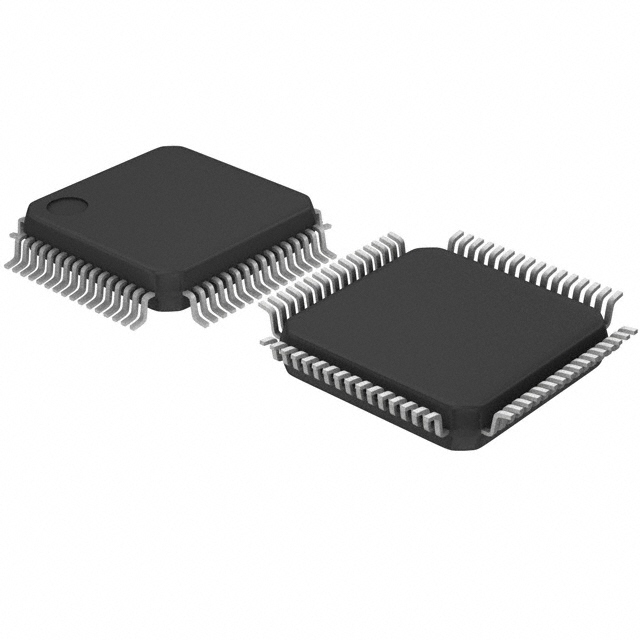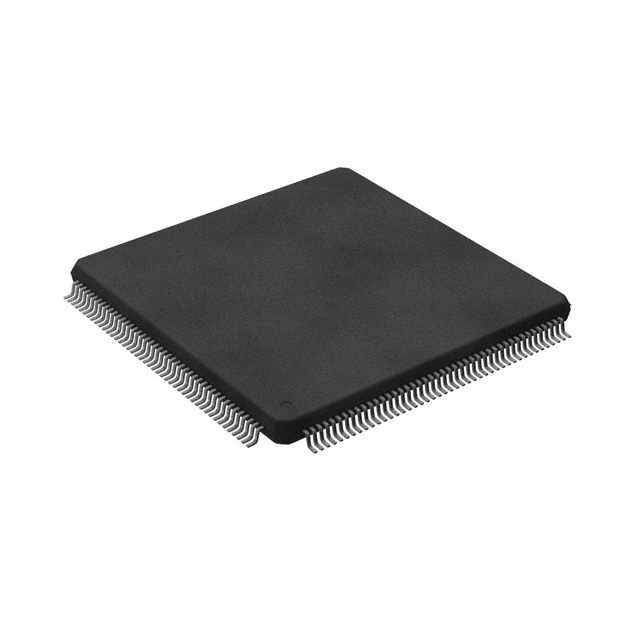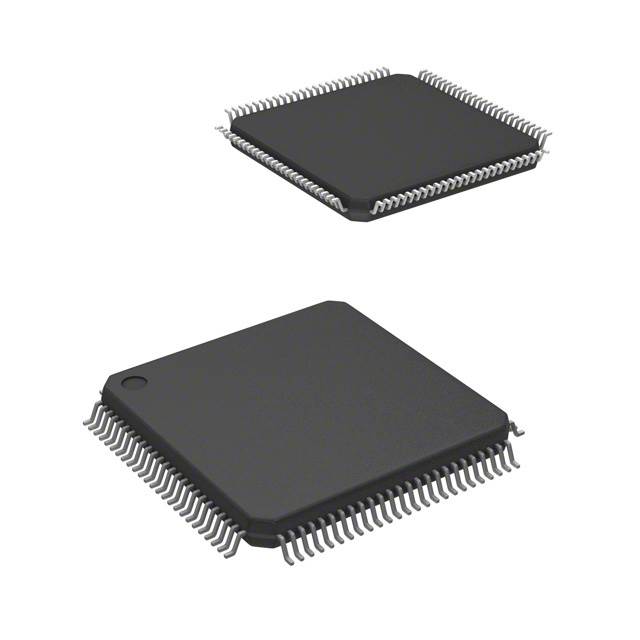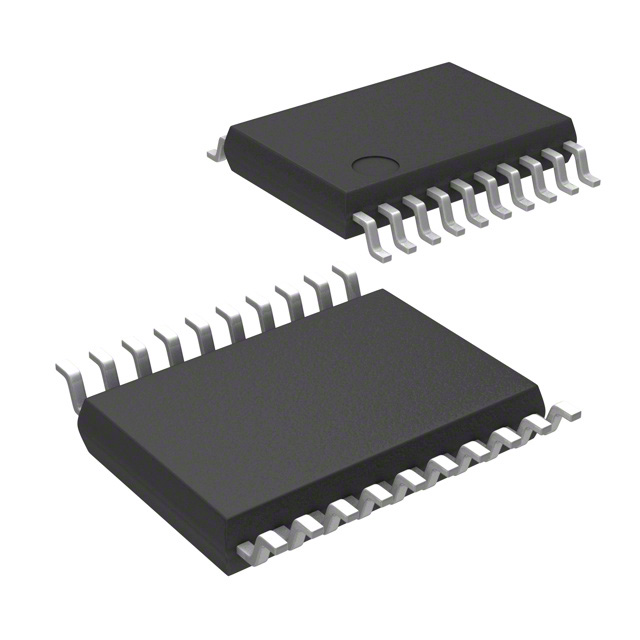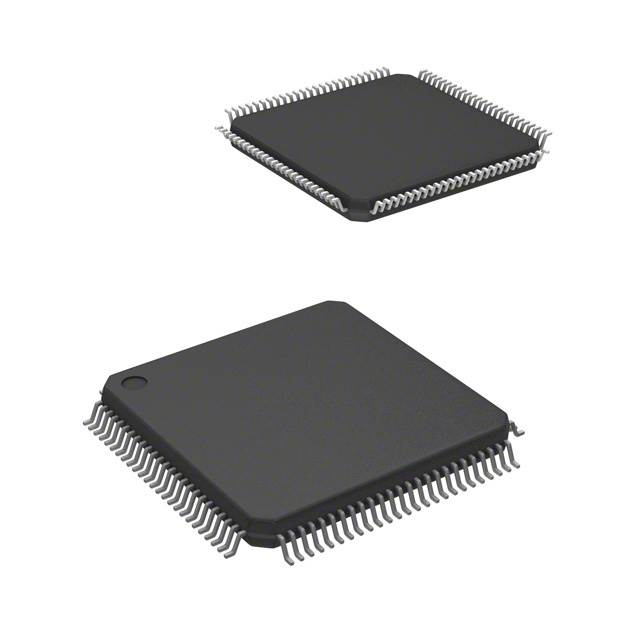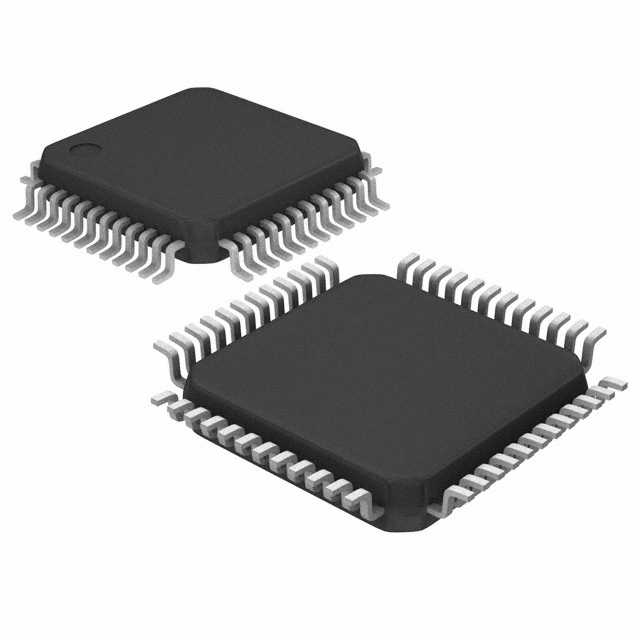EMBEDDING TECHNOLOGY. EXPANDING THE FUTURE.
HIGH PERFORMANCE & Full-SERVICE PLATFORM FOR EMBEDDED WORLD.
We are a One-stop embedded products development and selection, providing a wealth of embedded products application solutions and technical data as well as the latest industry information. We specialize in high-Performance, Real-time FPGA-Software heterogeneous Systems, SOC, DSP, MPC, etc.BEST SALES
Large inventory
We are committed to maintaining a well-stocked and diverse inventory to ensure you have the parts you need when you need them, supporting the success of your electronics career.TRUSTED BY LEADING BRANDS WORLDWIDE
Popular FPGA Products
From display systems for military aircraft, Satellite data receivers for ground stations, 5G testing systems to Data acquisition systems for ISRO lab, we have designed a wide array of advanced systems to our customers’ delight.
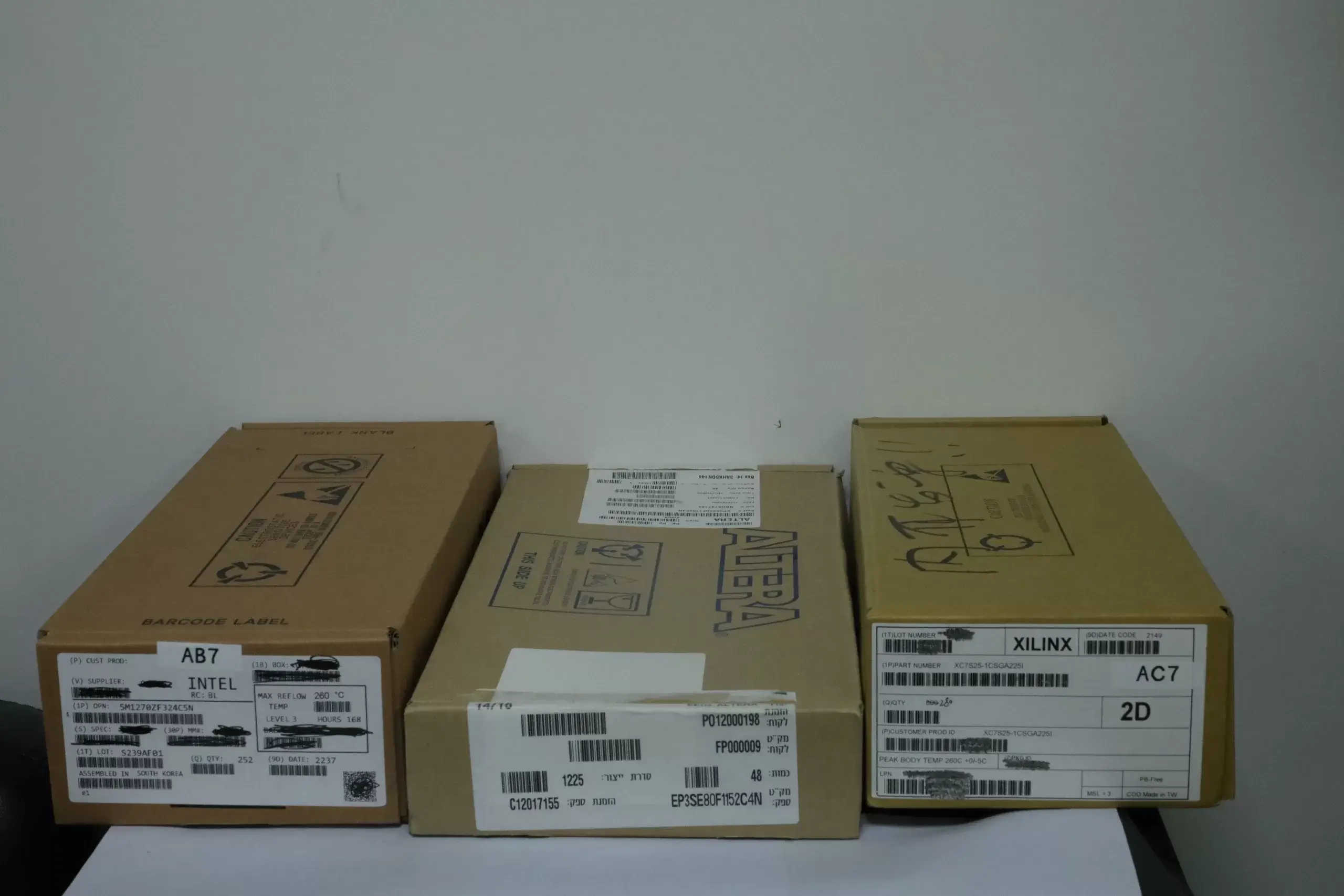
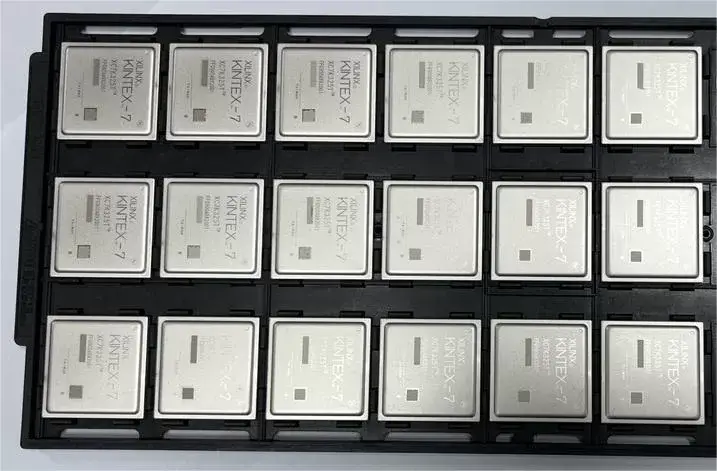
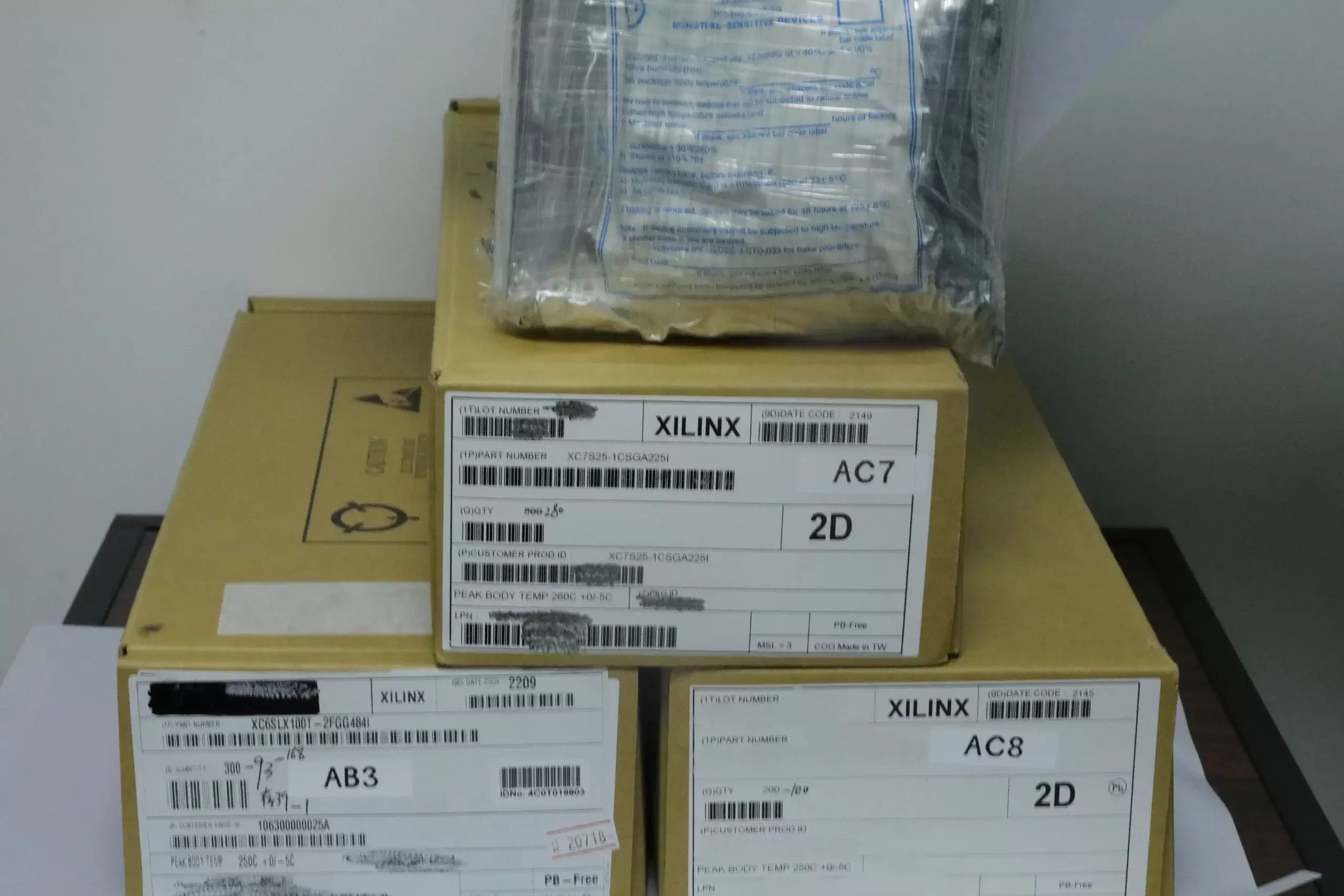
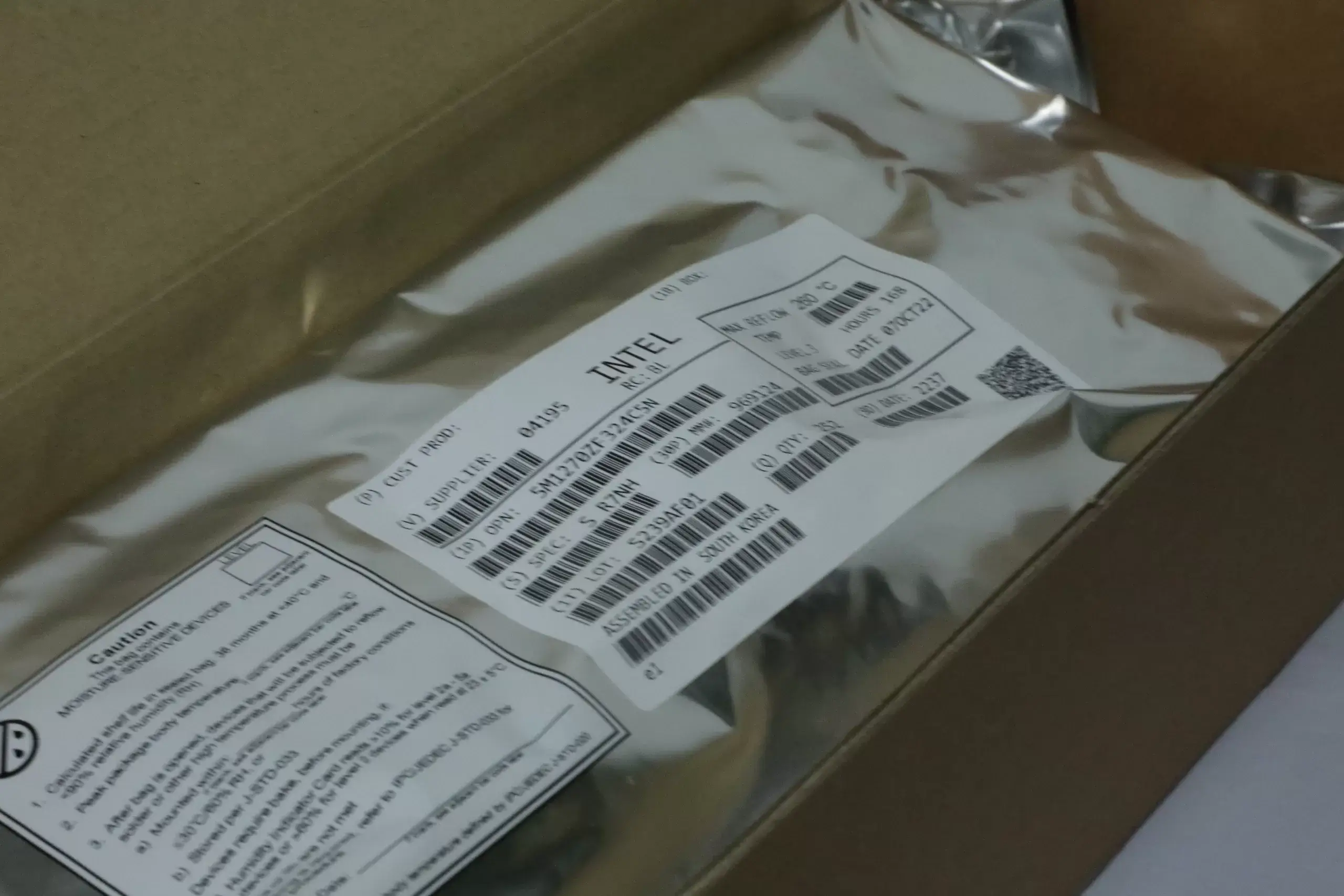
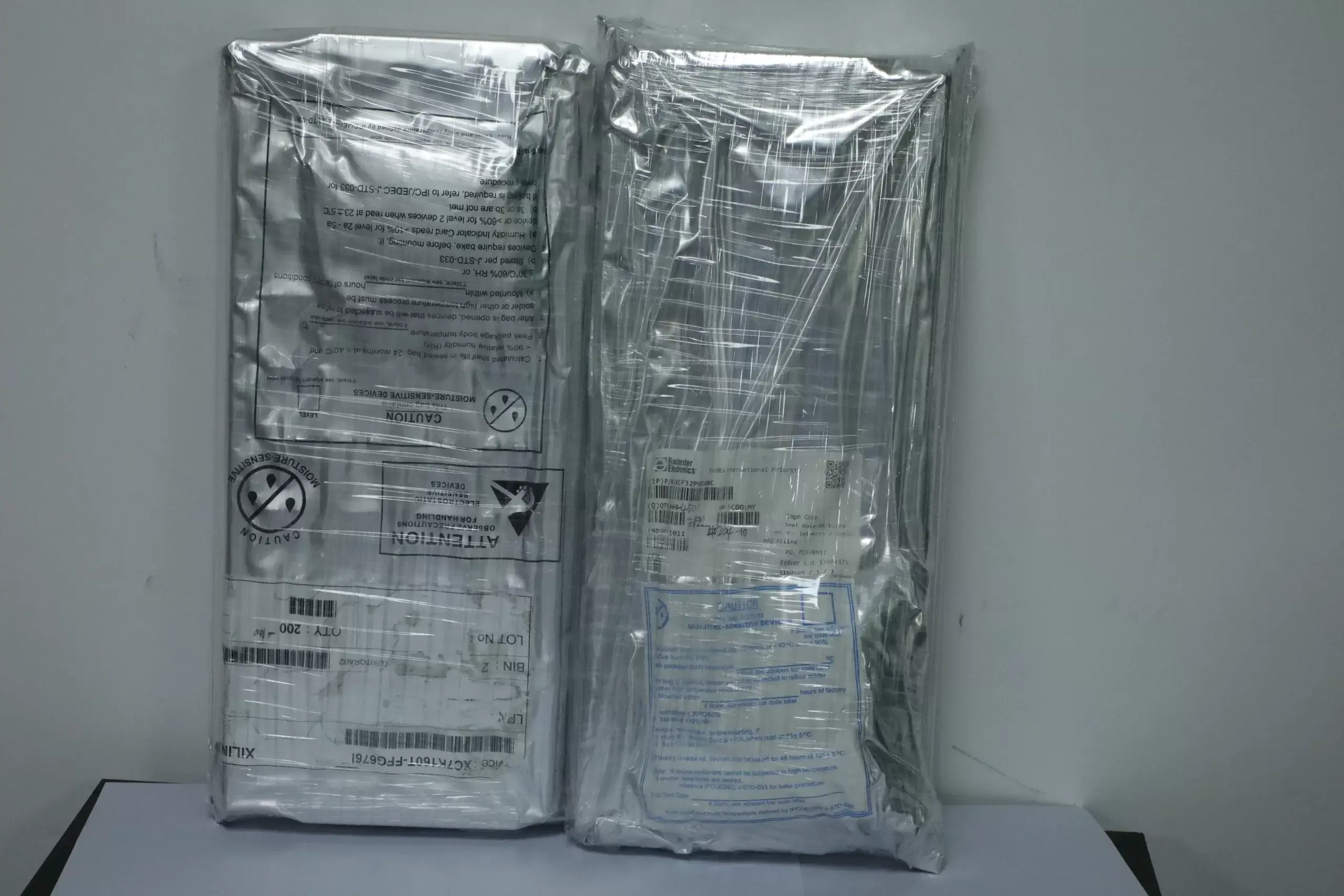
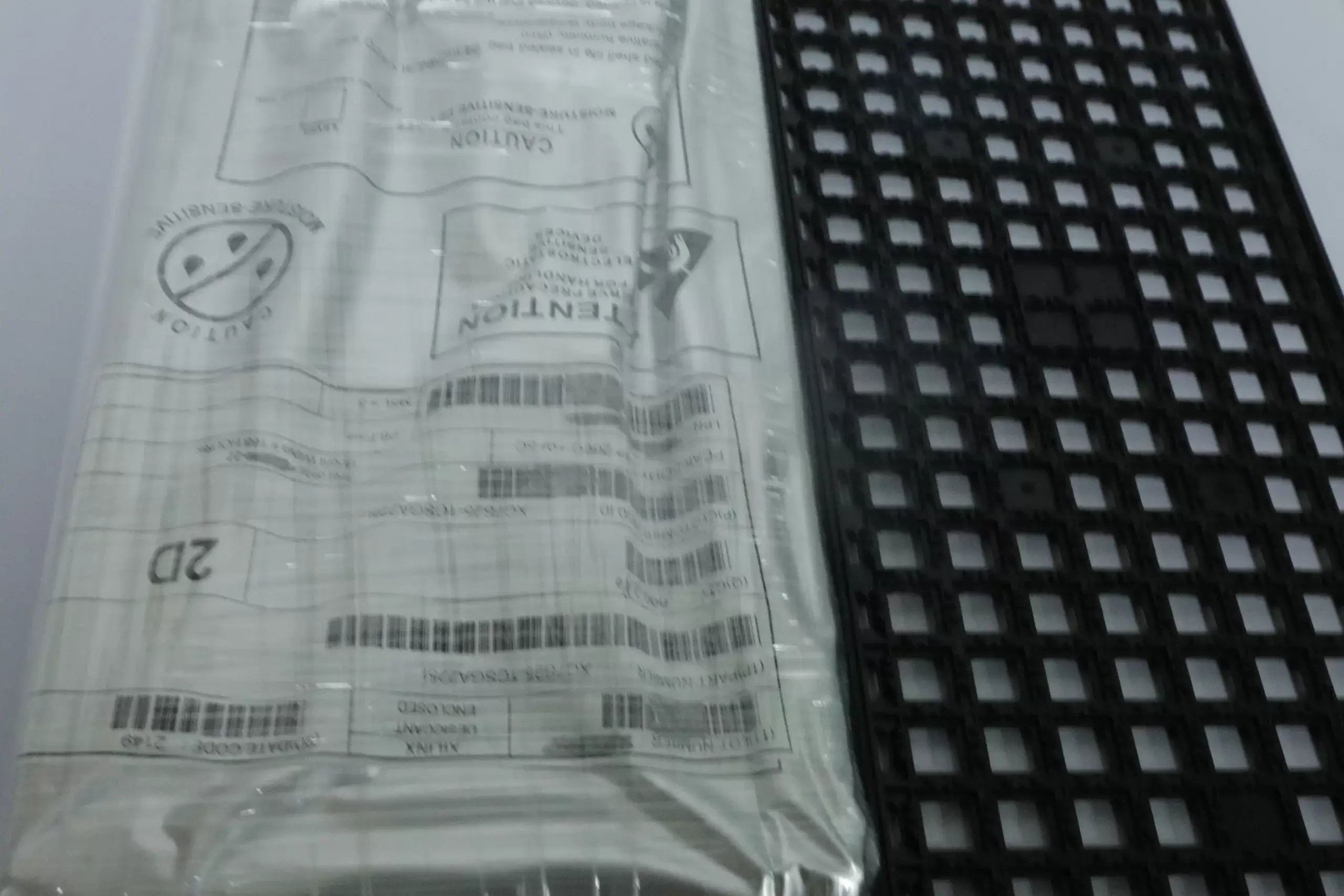
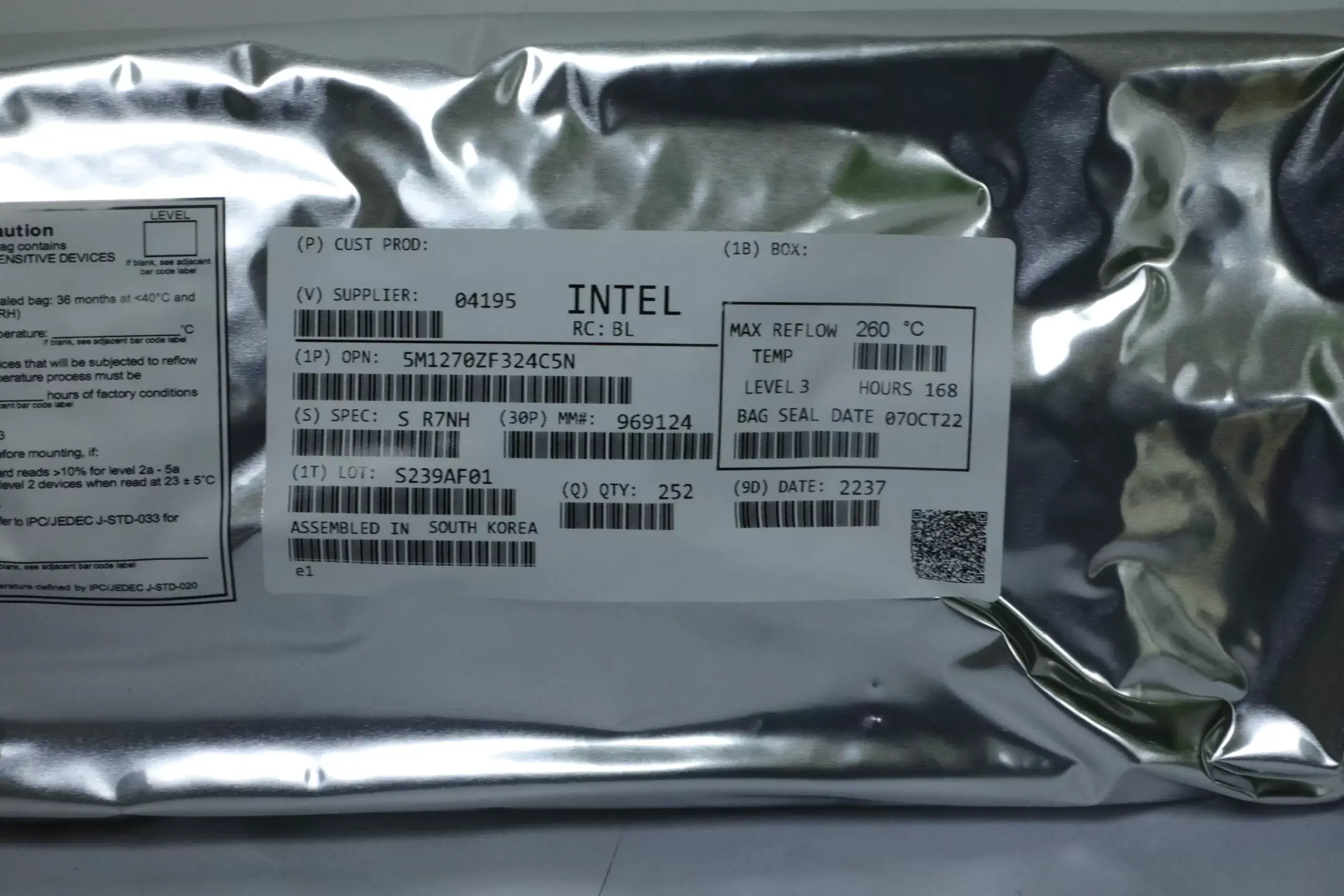
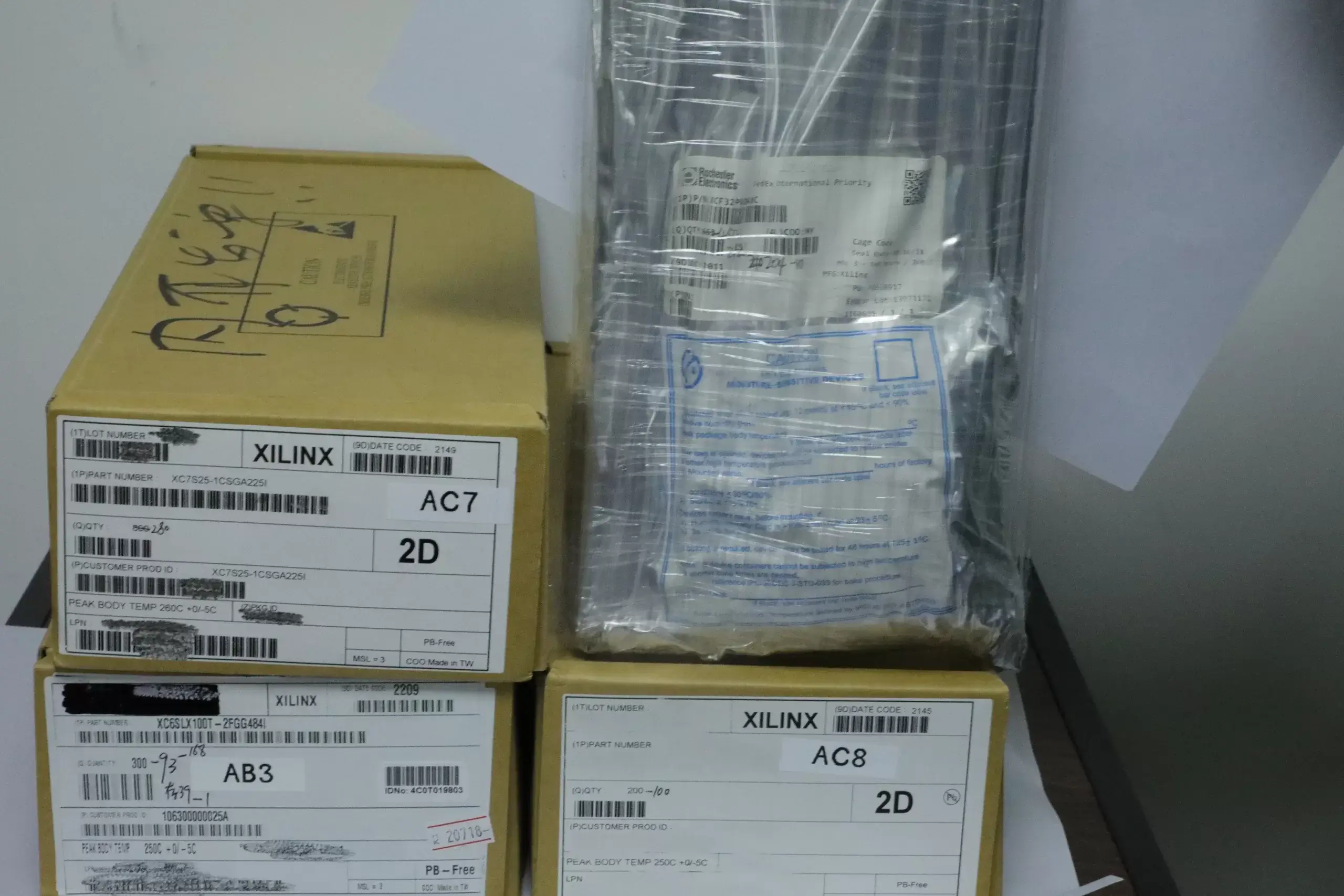
Need More In-stock FPGA ICs? Click Here →

About Us
AMPHEO PTY LTD, based on the principle of customer-oriented, integrity, and win-win, will provide original and genuine products in stock at a reasonable price to meet customers’ demands. As the prerequisite of guaranteed quality, we will provide full-service procurement, one-stop service, and free sample tests to make our customers unworried about the quality of our products. We continue to strengthen communication and cooperation with domestic and foreign companies and provide the latest advanced product technologies and more convenient logistic services, thus providing more competitive prices to customers and establishing strategic cooperation relationships with customers globally.
Our Services
We offer embedded electronics components to accelerate the growth of your business.
We work with innovative R&D leaders, project managers, and CTOs who need a proven, flexible partner that can provide extensive FPGA-centric expertise. We help source, build and launch products that improve the quality of life for people around the world. Shop the newest and most popular embedded components for Supply Chain, cloud, design engineering, aerospace & defense, healthcare & defense, automotive & transportation, industrial, data center, and security.
Faithful FPGAs Supply Chain Partner
Ampheo, a leading FPGA online store, specializes in offering a wide range of common-used and obsolete electronic parts and also offers cost-effective alternative solutions. Providing online linecards, inventory, and purchasing with 500,000 SKUs, 365 Days of Guarantee, and 7 x 24 Hours of Customer Services.FPGA | FPGA with MCU | FPGA Modules.

Need More In-stock FPGA ICs? Click Here →
INDEPENDENT TEST LABORATORY
We're ambitious and have domain expert engineers in our team, at our best when ripping up the rule book and building innovative things that have never been done before. We have established our independent test laboratory to secure our supply chains. Our test lab will do rigid testing procedures, such as substandard and counterfeit detection, failure analysis, lifecycle and reliability testing, X-ray Analysis and electrical testing.
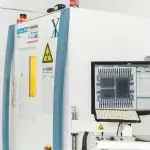 X-ray Analysis
X-ray Analysis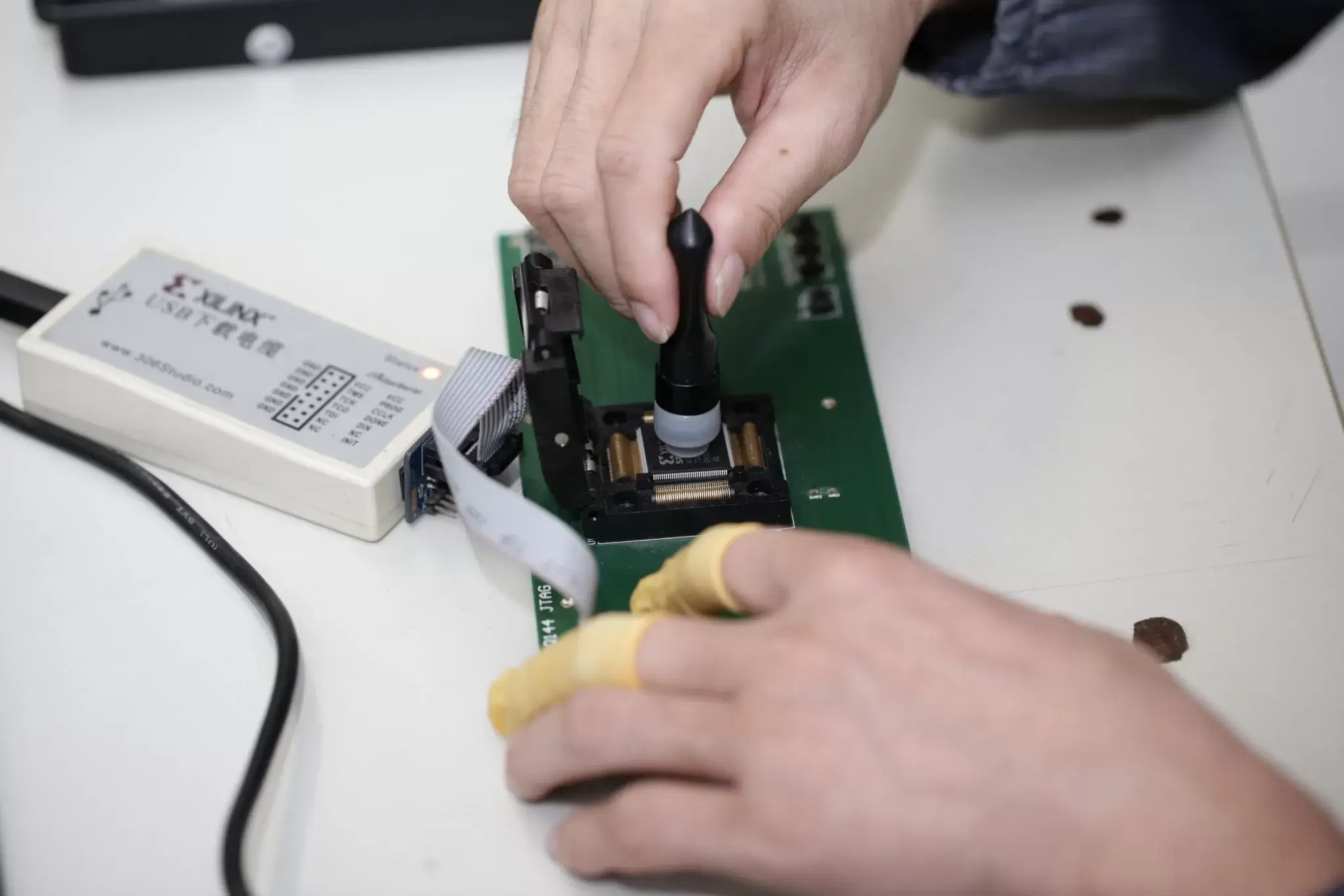 External Visual Inspection
External Visual Inspection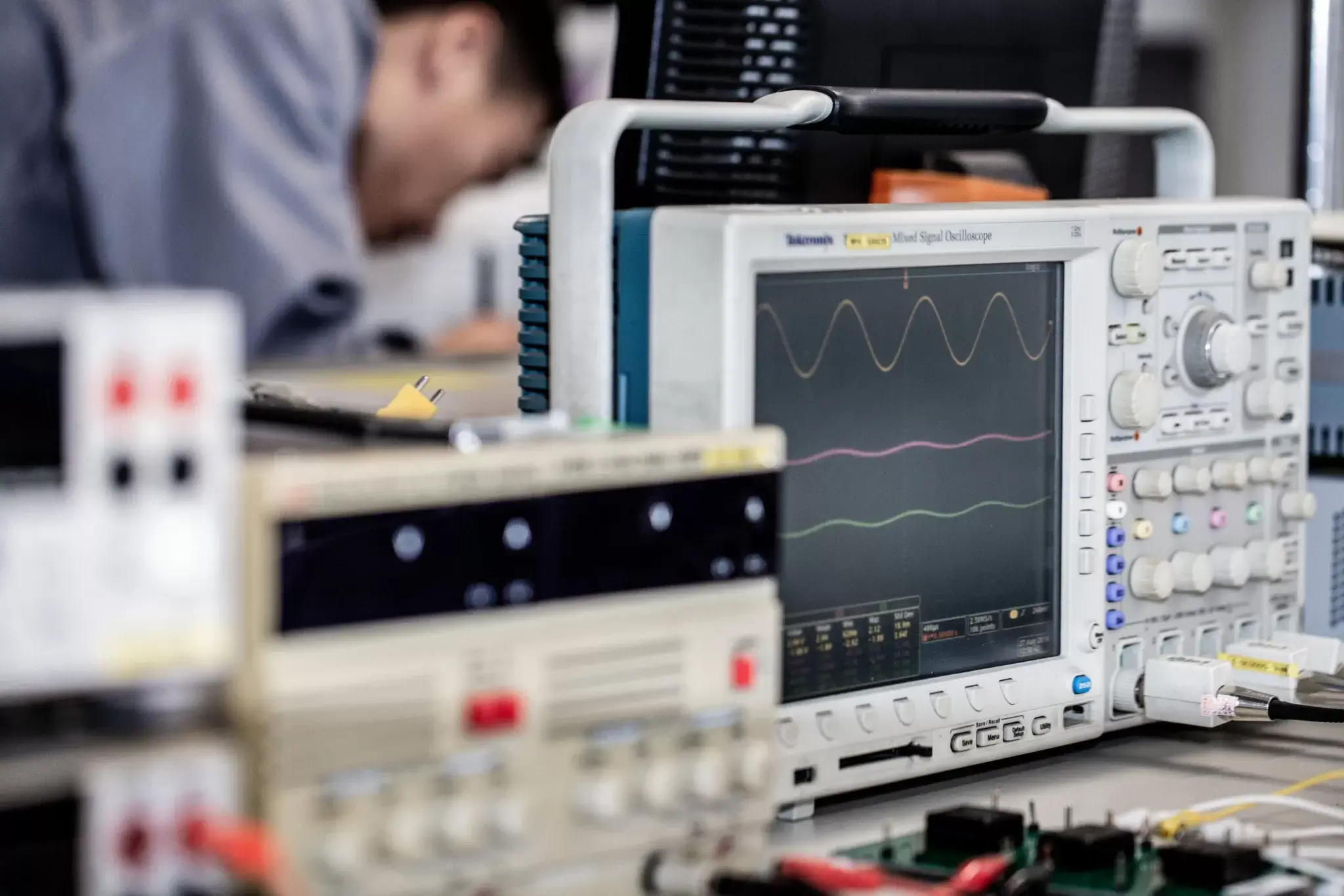 Electrical Test
Electrical Test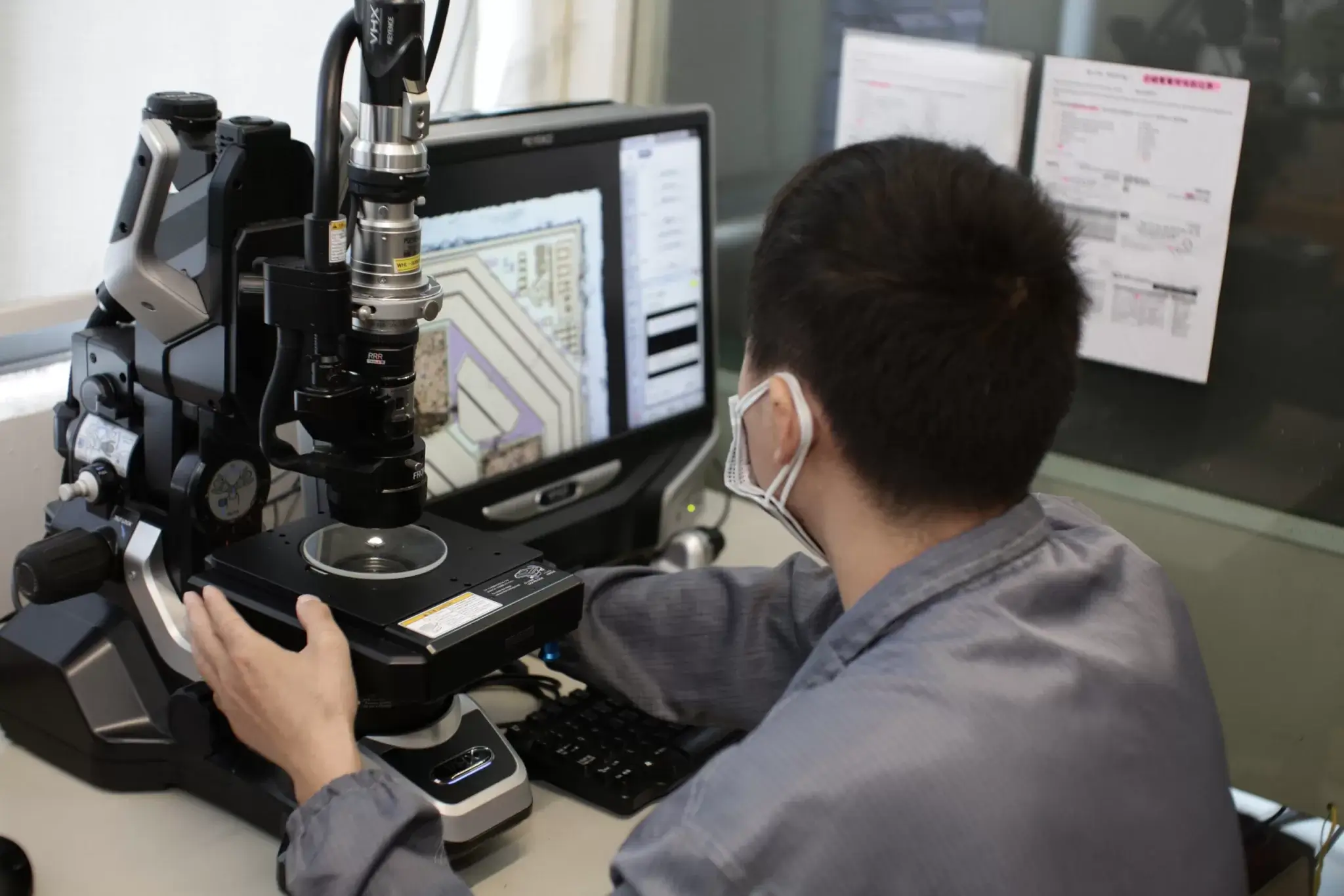 Decapsulation and Die Analysis
Decapsulation and Die AnalysisWant to Learn More About Our own quality inspection? Learn More QI Process →
Advanced Component Testing & Inspection
Reliable Testing. Expert Analysis. Accurate Results.
Quality is always our highest priority. Except for our independent test laboratory, we also are committed to testing and authenticating electronic components in a testing laboratory and providing a function-fit-form warranty to our customers to assure our quality. And we have signed a Service License Agreement for testing and authenticating electronic components.
 White Horse Lab
White Horse Lab A certified testing laboratory with locations in HK, Germany and China.
 AAA Test Lab
AAA Test Lab Best-in-class electrical testing meeting or exceeding AS6081/AS6171 standards
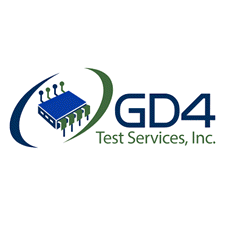 GD4 Test Services
GD4 Test Services An independent, privately owned electronic components test lab with 3 U.S. locations
 TRAD
TRAD A subsidiary of 3D Plus offering a high level of service for all tests services.
 Electronica Test Labs
Electronica Test Labs All testing services conducted in an ESD 20.20 compliant EPA and to the highest quality
 eComp
eComp An independent testing lab providing testing for the aerospace, defense, medical
More Testing & Inspection Samples? See More Samples →

